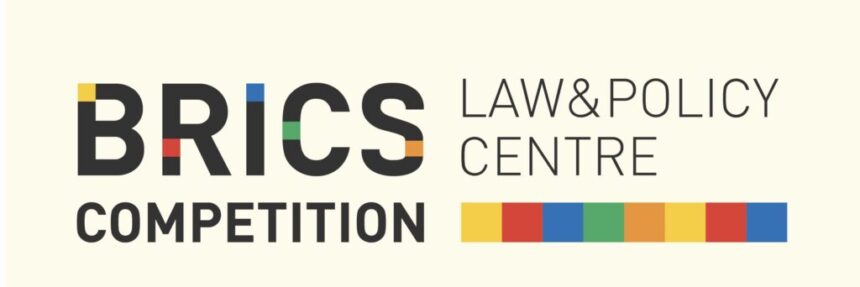The HSE University BRICS Competition Law and Policy Centre has released the initial findings of its annual analysis on the introduction of biotechnological drugs to the BRICS market. One of the key takeaways from the report was the necessity for a comprehensive sectoral study on eliminating obstacles in the pharmaceutical sector within the BRICS region. The first step in this process involves focusing on the development of biologics markets and expediting the entry of biosimilars into BRICS markets.
Biological drugs, derived from living cells through advanced biotechnology, have the potential to treat severe and rare diseases. However, due to the substantial investment in research and development, these drugs come with a hefty price tag. The cost of a single dose can exceed $3 million, making them inaccessible to many in developing countries. Biosimilars, generic versions of biological drugs, offer a more affordable alternative, being 70-90% cheaper while maintaining comparable efficacy.
The biosimilars market is projected to reach a value of at least $100 billion by the end of the decade, underscoring the importance of addressing regulatory barriers in the turnover of biological drugs and biosimilars across BRICS countries. The challenges faced in the biologics market mirror broader issues within the pharmaceutical sector, encompassing issues of innovation, intellectual property, drug accessibility, and competition.
The BRICS Working Group on Competition in Pharmaceutical Markets advocates for the dismantling of barriers hindering the regulation of biological drugs and biosimilars within BRICS nations. While the aim is not to establish a unified market, fostering healthy competition through barrier removal is crucial. Cooperation among BRICS countries can pave the way for collaborative projects aimed at enhancing market access and affordability.
Competition authorities play a pivotal role in driving pharmaceutical market reform and development, beyond just ensuring fair competition. With the absence of a unified legal framework among BRICS nations, there is significant groundwork to be laid. The Working Group plans to unveil a comprehensive sectoral study at its upcoming meeting in Kazan in March 2025, with the goal of initiating a pilot project to address regulatory hurdles. India stands to benefit from the growing biosimilars market, with the potential to capture a substantial market share.
India, in particular, has made significant strides in the biosimilars arena, with a multitude of products already registered. Collaborative efforts within the BRICS space can further drive down production costs for pharmaceuticals. Samir Kulkarni, a Professor at the Institute of Chemical Technology in Mumbai, highlights the potential for cooperation in biosimilars within BRICS, citing the significant cost reductions that can be achieved in drug production.
The global biosimilars market is poised for substantial growth, presenting lucrative opportunities for countries like India. By fostering collaboration and addressing regulatory barriers, BRICS nations can unlock the full potential of the biosimilars market and drive innovation within the pharmaceutical sector.






